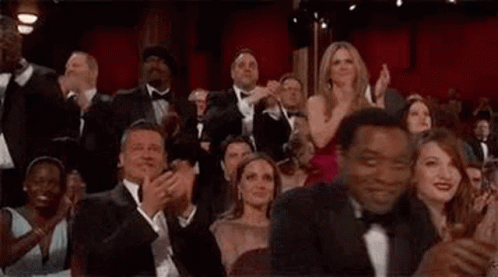ReasonableMatic
................................
Listen to what she says and [replace] certain references
with other Black Diasporian experiences and they line up perfectly.
(full episode)
—————————————————————————
I think the problem is that we forget that white people
have the option of tapping out, right?
So you can sing Jabulani [any Black Diasporian song]
and you can dance
But then you can ALSO remove yourself from the lived experiences
of the culture that you are trying to-
**White woman interjects
 **
**“I’m sorry, I’m speaking
 “
“-From the culture that you’re trying to represent.
That doesn’t make you a bad person, it’s just the truth of the situation.
and I think in South Africa, [insert country with a Black Diaspora]
this is really what the conversation needs to be about.
We need to talk about, why did Apartheid [slavery] end?
Why did colonialism end?
It didn’t end because (white) people’s perspective and behavior changed.
It ended, because it was EXPENSIVE.
It ended, because white people couldn’t travel anymore.
It ended, because they couldn’t play sports anymore.
Because, entertainment for white people was over.
Therefore they needed to bring equality.
We need to be HONEST.
We must be HONEST about this.
So for me, when we want to have this conversation.
It’s easy to say, let’s talk about the Rainbow Nation
[insert any “out of many, one people” type phrase]
Ofcourse we can look forward if your life was never tainted by the experience of Apartheid. [slavery]
Ofcourse YOU can look forward, it’s not the same.
And that’s the experience of being Black.
Constantly having to reconcile your existence.
Reconcile your humanity and demand respect and demand a level of humanity, as opposed to what other people automatically get for being white.
That’s the reality.
You don’t have to label it as racism, if you don’t want to
But, it is what it is.
- Lovelyn Nwadeyi
(founder & director of L&N advisors social justice consultancy)
5 Mic quotable




Last edited:
